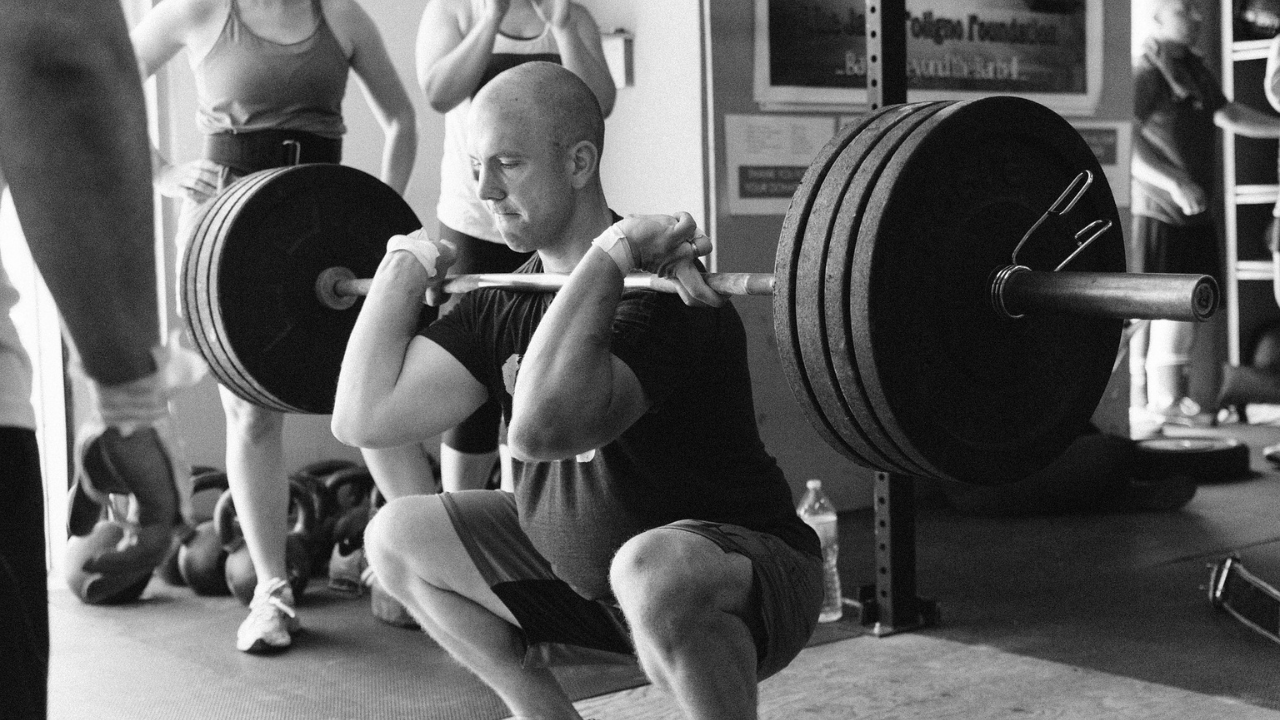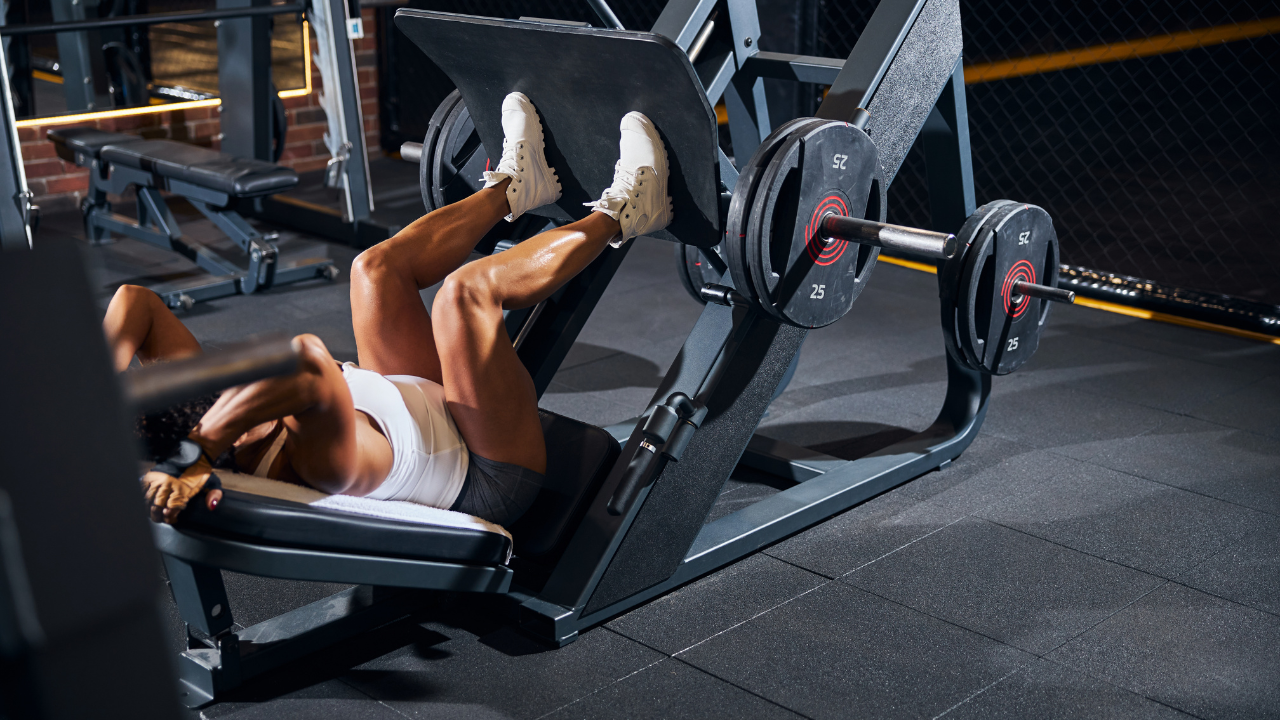

The #1 Mistake Fitness Content Creators Make
Fitness professionals who are using websites or social media in order to get more clients need to treat their online presence as a proper work like any other field. Followers and views don’t automatically translate into sales. You have to be able to capitalize on having those followers and make it easier for them to become paying clients.

Understanding Macro-Based Diets Part 1: Macros, Maintenance, Health & Fitness
IFYM (If It Fits Your Macros) and CICO (Calories In, Calories Out) has become increasingly popular as a way to help guide diets, not just for weight loss, but in general health. Macros refer to carbs, fats, and proteins - the three nutrients a body needs to survive. Tracking macros can help figure out what kinds foods and ratio of foods work best for individuals, whether they are trying to lose or gain weight, or just want to eat more balanced.

Making Linear Periodization Work For Non-Beginners
Linear Periodization is a method of training that involves increasing weight, reps, or sets to exercises in a consistent manner. It is generally easy to under and simple to use, which is why it is often appealing for people new to lifting. Many experienced lifters may dismiss linear periodization because it is associated with beginners and because it is a generally slow and unglamorous method especially as people approach their peaks.

You Don’t Need To Be An Athlete To Get Out of Bed
Not everyone’s fitness goals need to be about perfection, world record breaking, or that of a high performance athlete. Most people really only need a moderate and consistent movement practice in order to live their life, maintain good health, and prevent injury. Coaches and trainers may be doing a disservice to their clients by overempasizing “perfect” form and reach goals that may be either uninteresting or not doable for them. It can also create fear in people that getting injured doing any kind of exercise will cause injury.

When The Leg Press Will Increase Your Squat, And When It Won’t
Training more muscle specific exercises (ex: leg press for the quads to help improve the squat) can have crossover effects with other lifts, but the more they have in common with the lift, the more effective they will be.
